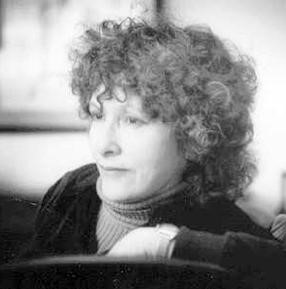Wednesday, August 20 — freshmen orientation week
St. Ignatius, sometime in the mid-16th century when he found himself giving birth to the Jesuits, is said to have observed now and again that he preferred Jesuits who “need a bridle rather than spurs.” The saying sticks in the mind and calls attention to many Jesuits who have run risks. More than 50 of my kinsmen have been murdered in the last half century, mostly because they stirred ambition and hope in people worn down by grief and despair, giving voice to the voiceless. At our best, Jesuits nurture risk-takers.
At our best UDM does that; we say to our students: “Take on challenges, throw your energy right at the world, fall in love with our city, look for demanding professors, risk some failures. That’s what we begin to tell these young women and men during orientation days. It’s hard work for everyone involved. We university employees prepare to be there for these students when they get in over their heads and to confront them when they get cocky or lose their nerve. The teaching of faculty and the mentoring of every one who works here is so hard because we risk too. We bet the farm on these young people, we risk falling in love with them year after year. It’s quite a life.
Denise Levertov wrote a poem I call one of my “top 5 lifetime,” though there are many more than 5 of these. Dedicated this morning at the dawn of a new academic year, to all of us who stake our hopes in learning and teaching and mentoring and challenging.
Have a good day,
john st sj
Today’s Post – “The Poem Rising By Its Own Weight”
The poet is at the disposal of his own night.
Jean Cocteau
The singing robes fly onto your body and cling there silkily,
You step out on the rope and move unfalteringly across it,
And seize the fiery knives unscathed and
Keep them spinning above you, a fountain
Of rhythmic rising, falling, rising
Flames,
And proudly let the chains
Be wound about you, ready
To shed them, link by steel link,
padlock by padlock–
but when your graceful
confident shrug and twist drives the metal
into your flesh and the python grip of it tightens
and you see rust on the chains and blood in your pores
and you roll
over and down a steepness into a dark hole
and there is not even the sound of mockery in the distant air
somewhere above you where the sky was,
no sound but your own breath panting:
then it is that the miracle
walks in, on his swift feet,
down the precipice straight into the cave,
opens the locks,
knots of chain fall open,
twists of chain unwind themselves,
links fall asunder,
in seconds there is a heap of scrap-
metal at your ankles, you step free and at once
he turns to go —
but as you catch at him with a cry,
clasping his knees, sobbing your gratitude,
with what radiant joy he turns to you,
and raises you to your feet,
and strokes your disheveled hair,
and holds you,
holds you,
holds you
close and tenderly before he vanishes.
The Freeing of the Dust
Denise Levertov (1923-1997)
Academy of American Poets http://www.poets.org/poetsorg/poet/denise-levertov

